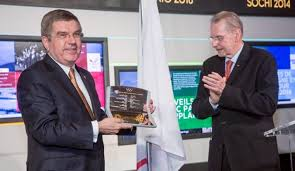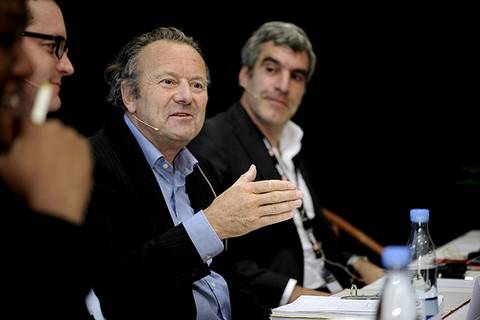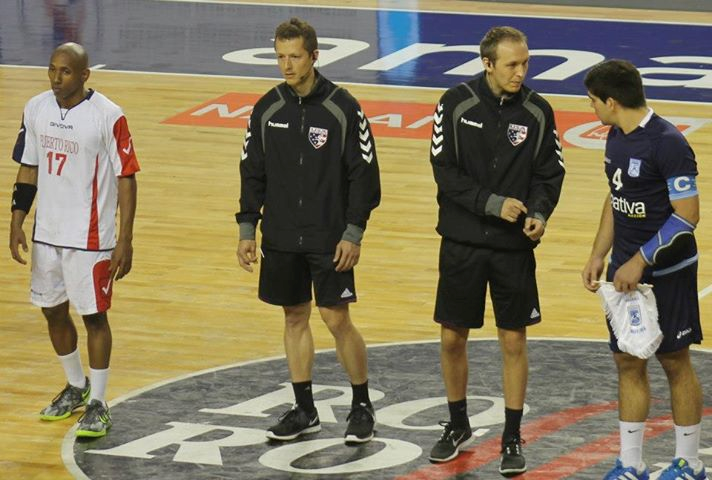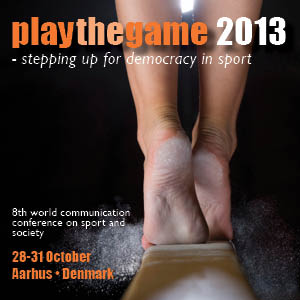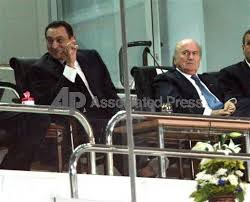
Dangerous indications of plans for stronger autocracy still remain.
In the two previous installments (Part 1 and Part 2), I commented on the elections and on issues related to the budget. In this final pre-Congress article I will make some observations on the ‘motions’ which have been submitted by the Executive Committee and by member federations. This may seem a rather ‘boring’ topic and I will not get into the small details; instead I will focus more on the overall impression created by these motions.
Motions for Changes in the IHF Statutes
In connection with the previous two Congresses, I strongly criticized the attempts by the IHF president to change the IHF Statutes in ways which were consistently intended to strengthen his power and that of the Executive Committee in totally inappropriate ways, at the expense of all other stakeholders. On those occasions, several very important provisions were involved, which would have substantially and negatively affected the decision-making process and the operations of the IHF. Many of these attempts were fortunately resisted by the Congresses and therefore dismissed or modified.
On this occasion, the proposals from the president are relatively more innocent, although only in the sense that they do not involve the ongoing decision-making. But it is apparent that he cannot just resist the temptation to act in a heavy-handed and top-down fashion, which just confirms his belief in autocracy instead of democracy. Most of the proposed changes involve new limitations, prohibitions, suspensions and other forms of punishment. There is also a strong notion of more direct control and interference from the president and the Executive at the level of Continents and National Federations. Here is the gist of some examples:
– A new clause is being proposed with the suggested intention of protecting the IHF and its member federation from external political influence, clearly in the spirit of the newly elected IOC President, who has always been obsessed with this topic. It is fine that ‘political influence’ is resisted, but this amounts to hypocrisy when one knows that the IHF has member federations governed by the country’s regime, just like the IOC has many members from ruling families. Moreover, more external insight is just what the corruption-prone IHF and some its members really do need!
– It is being specified that when continents organize qualifications for the IHF events, these games must be played under the IHF Rules of the Game. This should be self-evident, as no member federation has the right to deviate from those rules without special permission. Based on the experience in Asia for the 2008 Olympics, it would seem more important to insist that such events be held with a guarantee of fair play and freedom from manipulation…
– It is proposed that the IHF shall have the right to supervise elections in all member federations, and that they shall be required to invite the IHF president to all congresses of Continental Confederations. This idea is really laughable or insulting, considering the reputation of the IHF president and the running of the IHF elections. Moreover, it is proposed that the IHF president should be able to recommend the suspension of a Continental Confederation, its right to be represented in the IHF Council, and its teams participation in IHF events, “if the IHF president deems that the Continental Confederation does not respect normal democratic procedures’!!! Who is he to judge anyone in such matters??
– You might think that a whole set of proposals regarding an Athletes’ Commission would be a positive step. But, as I have reminded recently, such a Commission has in theory existed for many, many years, except that the IHF president has not allowed it to work, to meet, to participate in the IHF. So, even if it is now proposed that the Chair of this Commission should become a member of the IHF Council, the more basic issue is if the Commission is going to be allowed to do meaningful work and have any influence. Moreover, player representatives have already expressed objections to the idea that the players will not be allowed to nominate their own candidates. Instead, they will be limited to voting for candidates proposed by the member federations.
Motions from Member Federations on Other Topics
– China and Korea have submitted very similar motions regarding the opportunities for teams from outside Europe to qualify for the Olympic Games. Currently each continental federation (Europe, Africa, Asia and Panamerica) are guaranteed one participant each. One spot is reserved for the host and the reigning World Champions and the remaining 6 places are awarded in 3 qualification tournaments. European teams have dominated these qualification tournaments resulting in either 8 or 9 (when Europe hosts) of the 12 nations at the Olympics being European sides. While this may reflect traditional strengths, it also presents an image of a sport that is not truly global. China and Korea now want to see at least two entrants from each continent, with a chance for even more non-European teams through qualifying. The Council has concluded, correctly in my opinion, that this goes too far as it would diminish the quality of the competition. A more realistic approach might have been to keep the mandatory places remaining unchanged, but with a total of two more slots being reserved for the three continents via the qualifying. With twelve teams participating in the 3 qualification tournaments, the four non-European nations could simply be placed in the same group.
– Norway is seeking a change in the playing rules. This is somewhat unusual, as it is normally understood that such changes have a separate process, so the IHF tends to refer proposals to the Rules and Referees Commission. The motion deals with a genuine issue: too often it happens that a player tries to fake or exaggerate an injury to get the referees to stop the game, thus avoiding a counterattack for the opponents or simply gaining a tactical stoppage. So the idea would be that the player would then have to leave the court until there is a change in possession, in the hope that this would discourage the faking. The idea has some complications, as it equates a ‘fake’ with a genuine injury caused by an opponent, something that may not be so fair. But what is interesting from a U.S. perspective is that the idea is not new. It was forcefully pursued by our former federation president Peter Buehning Sr. some 20 years ago. There was some support at the time, but the IHF concluded then that the complications outweighed the advantages.


